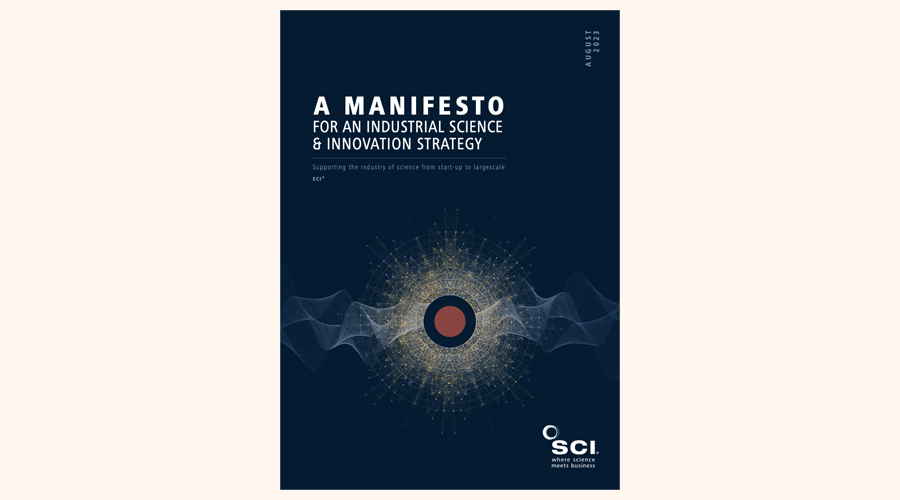Witnesses ask what can be learned from the Faraday Battery Challenge.
Other countries are ‘ploughing ahead to get private sector and public sector investment up’, according to Dr Anna Valero, a policy fellow at LSE.
Speaking at a Select Committee on Business and Trade hearing yesterday, she said that with ‘the Inflation Reduction Act and the EU’s response, and China’s doubling down on clean technologies, there is alot going on out there – and if we are not doing something purposeful in that space we risk losing out on investment in the UK.’
The committee has been gathering information on industrial policy, taking oral evidence from a number of experts in the policy and consulting sectors. The latest hearing follows on from evidence presented by three former business secretaries in February.
Raoul Ruparel, director at Boston Consulting Group Centre for Growth noted that the UK had competitive advantages, but warned there was risk of not making the most of it. ‘We should look beyond our trade advantages and consider our research and patent advantages,’ he said.
‘For example, where we produce relatively more patents than other countries – we see this in areas like chemistry, biotech, medtech, consumer goods, civil engineering and transport – the UK has a relative comparative advantage. The UK is quite good at churning out those ideas. We are less good at taking those ideas and commercialising them and scaling up companies off the back of it.’
Sounding a note of caution, Dr Mann Virdee, a senior research fellow at the Council on Geostrategy, added: ‘It’s important to note that the UK might not be as world-leading as we like to think. When you look at institutions such as Deep Mind and MRC Lab of Molecular Biology, these are outliers. Once they are removed from the statistics, the UK performs more weakly.’
I was invited to give evidence to the Business and Trade Committee about industrial strategy.
— Mann (@MannVirdee) March 12, 2024
I presented some initial findings from the Caudwell Strong Britain programme I'm leading at @ConGeostrategy. Agree? Disagree? Let me know! pic.twitter.com/iYWDDcd3Y0
With agreement around the increasing global competition faced by the UK, a second panel heard Sir Geoffrey Owen, head of industrial policy at the Policy Exchange think tank say: ‘The US and the European Union have been moving strongly on an industrial policy of an interventionist kind, supporting favoured industries with subsidies and other forms of protection.’
He said that these types of strategies carried risks. ‘We should be careful about putting too much reliance on industrial policy as a source of higher productivity, or better competitiveness.’
While there was a consensus on the need for a longer term approach and a civil service that included people who had a good grounding in fundamental issues related to innovation, policies and global competitiveness, Sir Geoffrey made note of the lack of evidence taken from existing government-backed initiatives.
‘In 2017 when the Faraday Programme was launched, Sir Mark Walport, who was then the chief scientific advisor, wrote a complete prospectus for why it was important for the UK to do something in batteries for electric cars where our position was weak. He set out steps, most of which were implemented, which the government should initiate to make the UK a more attractive place for investing in battery related technologies.’
Sir Geoffrey noted that the work done by Sir Mark set out a coordinated approach starting from basic research through Innovate UK, then onto the car makers. This was presented as a model that could be applied to other industries that are relatively new. ‘I would like to see some assessment of what worked and didn’t work,’ said Sir Geoffrey. ‘The financing of growing firms is a big issue and has been a big concern for successive governments.’

Download SCI's Manifesto for an Industrial Science & Innovation Strategy here.
